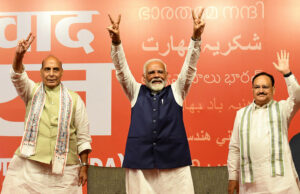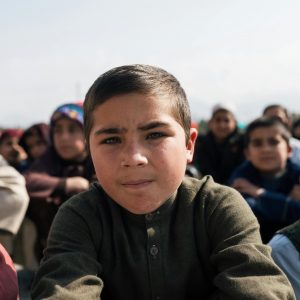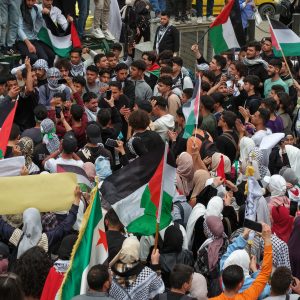Grain, weapons and energy: Russia’s increasing involvement in Africa
Moscow, Russia (AFP):
Russia has over the past several years strengthened its presence in Africa, vowing to intensify grain exports, weapons deliveries and energy cooperation.
The process has intensified since the Ukraine war which isolated Russia from other Western nations.
Grain
Earlier this month, Russia pulled out from a deal that allowed Ukrainian grain exports through the Black Sea.
The agreement had eased fears of a global food crisis triggered by the conflict between Ukraine and Russia, two major grain exporters.
It enabled the export of more than 32 million tonnes of Ukrainian grain over the last year.
To answer African concerns triggered by the suspension of the deal, Russia positioned itself as an alternative supplier, even offering free deliveries.
“I want to give assurances that our country is capable of replacing the Ukrainian grain both on a commercial and free-of-charge basis,” Russian President Vladimir Putin said.
Russia exported 11.5 million tonnes of grain to Africa in 2022, and another 10 million tonnes in the first half of 2023.
Around 25 percent of Russian exports to Africa consist of wheat and meslin — a mixture of cereals — said Pavel Kalmychek, a senior official at the Ministry of the Economy.
Wagner
Russian mercenary group Wagner has been involved in Africa following the unceremonious exit of former colonial power France, whose excessive interventionism was deeply resented by many in its former colonies.
Wagner fighters have been identified in Libya, Mali, Mozambique and Sudan as well as in the Central African Republic, where a Wagner executive manages the security of President Faustin Archange Touadera.
However, Wagner’s failed revolt against Russia’s conventional army raises uncertainties around the future of the group’s operations overseas.
Russian Foreign Minister Sergei Lavrov said Wagner’s future in Africa was “above all up to the governments of the countries concerned.”
Weapons
Russia has long-standing military agreements on the African continent dating back to Soviet times.
The partnerships consist in the modernisation of weapons supplied since Soviet times as well as next-generation equipment.
The Stockholm International Peace Research Institute said in a March 2023 report that African states received around 12 percent of Russian arms exports in 2018-2022.
In 2021, the Director of the Federal Service for Military-Technical Cooperation Dmitry Shugaev said that arms deliveries to Africa accounted for 30-40 percent of arms exports.
Energy
In 2022, Russian nuclear giant Rosatom started the construction of Egypt’s first nuclear power station in El-Dabaa, on the Mediterranean coast.
It also discussed the construction of small and floating nuclear power plants with a number of African states including Rwanda and Nigeria.
Excluded from most of the Western market, Russia is reorienting its energy exports and has pledged to “intensify” energy cooperation with Algeria.













